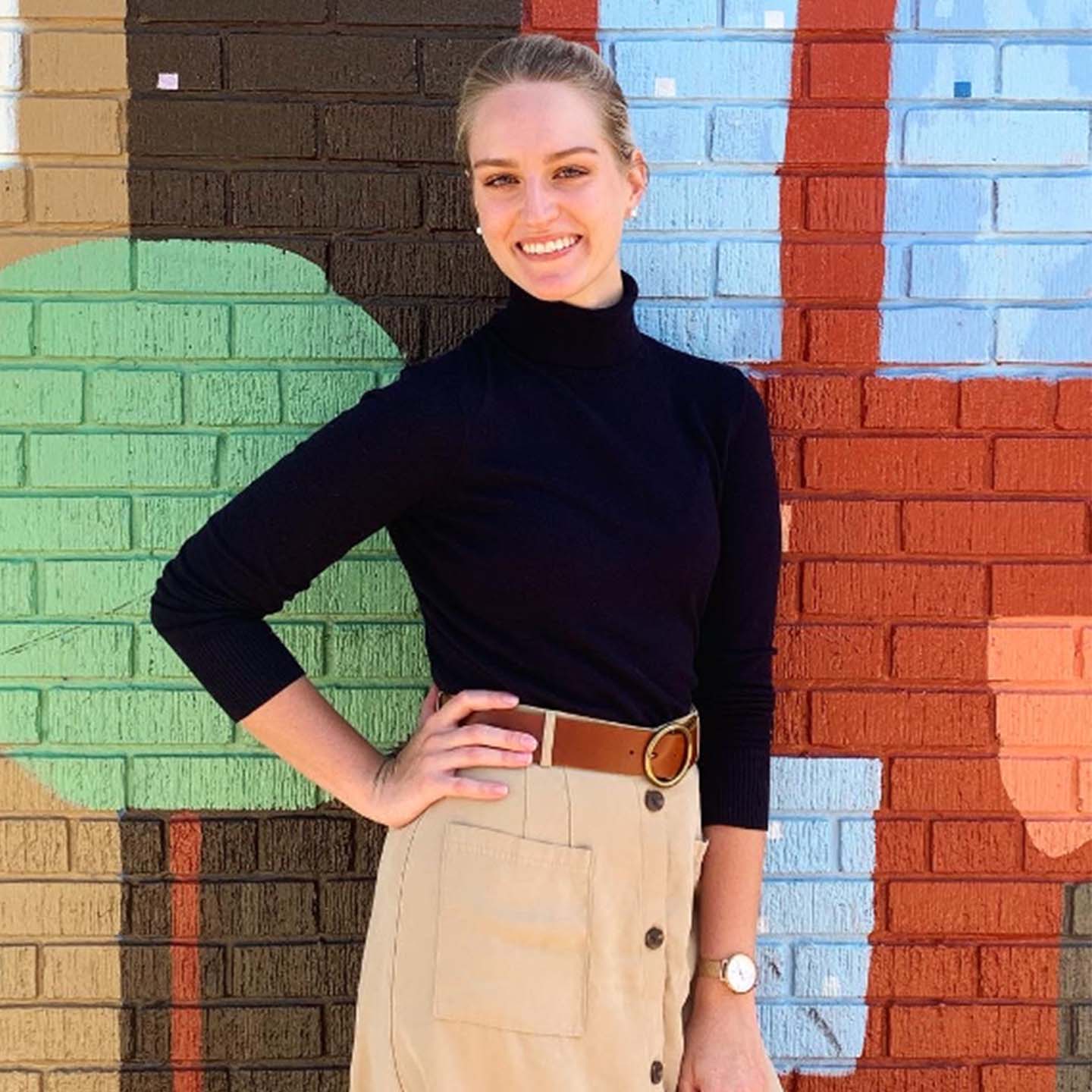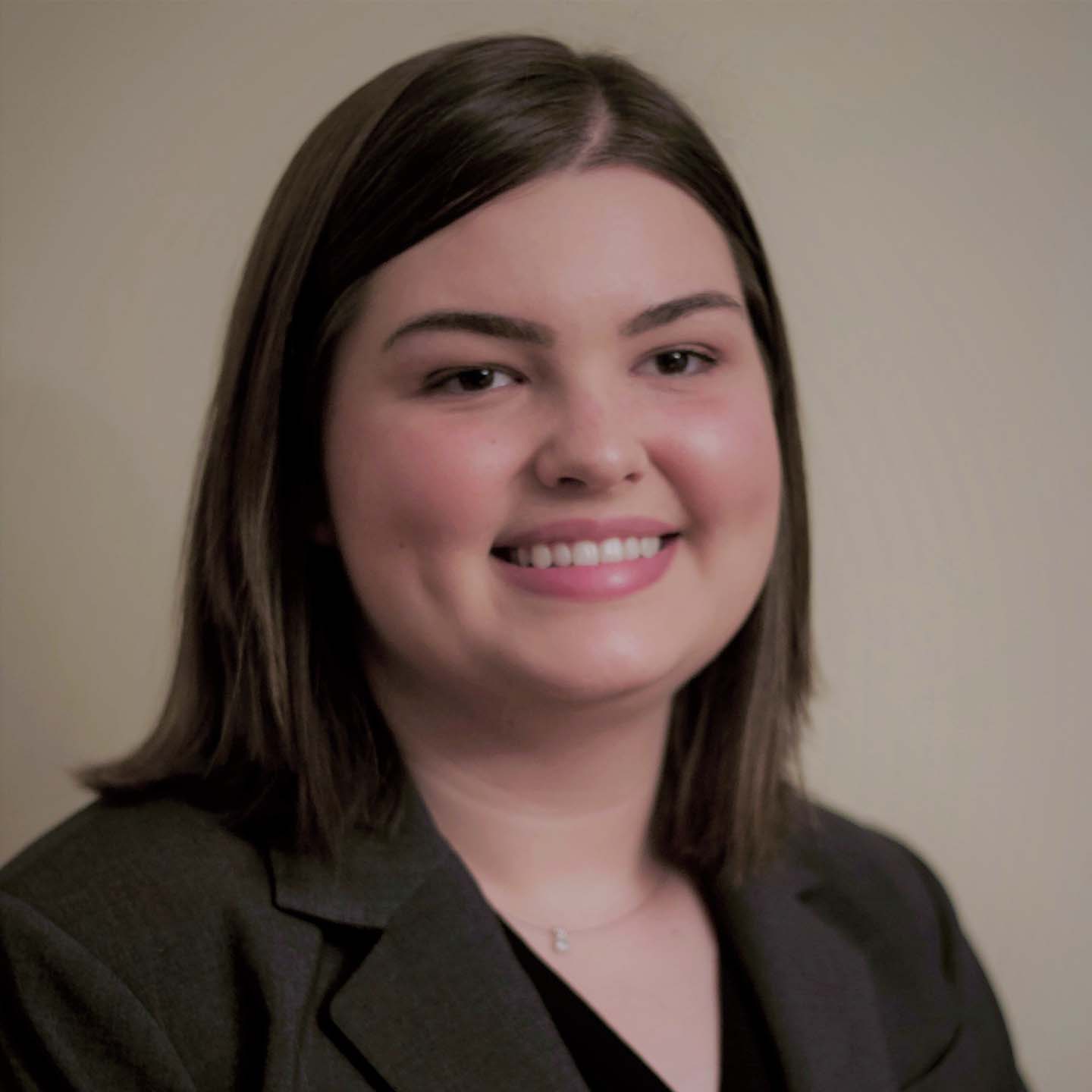Impact and Skill Combine in Environmental Law Internships
When it comes to summer legal internships, the field of environmental law opens the door to a variety of positions – and an even greater number of skillsets. These five students offer us a glimpse into their environmental law experiences over the summer of 2021.
Alex Bertha, L'22

Alex Bertha is one of two students who interned with the City of Richmond's Office of Sustainability this summer. With an interest in both public service and government work, "this internship … gave me the perfect opportunity to gain valuable experience in both of those fields, and it allows me to do my small part in the important fight against climate change," he said. Day-to-day tasks include working on policies and ordinances on topics ranging from developing a high-performance buildings policy for city-owned buildings to an Envision certification program for city infrastructure projects.
What has been your biggest takeaway from the experience?
"My biggest takeaway has probably been how passionate and knowledgeable everybody has been. From the community activists, to government employees, to experts in their field, everyone that I have interacted with really cares about their work and wants to see real substantive change occur."
Jessica Cooper, L'23

Jessica Cooper's interest in environmental law started at an early age. In her home state of Florida, "there are not many environmental regulations to stop limitless human development of natural areas," she explained. "I wanted to be a catalyst for change and join the growing movement of environmental advocates in a way that utilized my writing and creative problem-solving skill set." Her internship with the 500-Year Forest Foundation allowed her to do just that. "What surprised me the most about this experience was the flexibility of my position," said Cooper. "Getting to experience the forests first-hand was extremely rewarding, and having differing schedules made my summer exciting and memorable."
Tell us about a day in the life during your internship.
"My internship varies a lot from day to day. Some days I got to go out in the field and assist with a survey of an old growth forest, some days I assisted in property record searches in courthouses, and some days I worked from home organizing the Foundation's digital files, conducting legal research, and assisting with administrative needs. My favorite projects have been those involving the drafting of our 'no-cut' conservation easements. I have gotten the chance to review a few of our potential easements and look for any loopholes after surveying the property. It's engaging to be able to apply my legal knowledge as well as the information I learned exploring the property in person. I've found a few which I have brought to the attention of the Foundation's legal counsel to consider. It's nice to think that something I caught in a draft easement could very well prevent someone from cutting down a tree that predates the Civil War."
Alexis Laundry, L'23

Alexis Laundry was first drawn to the fields of renewable energy and sustainability policy as a college student, when she took a course that "opened my eyes to how much work needs to be done around the world to help combat climate change and convert the global electricity grid to renewable resources." Now, as an intern for the City of Richmond's Office of Sustainability, she's putting theory into practice through her work on the city's equity-centered Climate Action Plan and green procurement policy.
What has surprised or challenged you most about this experience?
"What surprised me most was learning how many hats each person at the office wears and how much work they're able to do with so few people. The office is a small but mighty team of people who are really dedicated to the mission of making Richmond more sustainable, and I admire how hard everyone is willing to fight for that goal. Being a small team has its challenges, such as being under-resourced and being pulled in too many directions, but overall it's been inspiring to see what can be done with just a few dedicated people."
Alaina Roberts, L'22

In coming to law school, Alaina Roberts wasn't set on a career in environmental law. But "as conversations around environmental issues and sustainability obtained more public attention, I became more interested in environmental law, specifically in environmental justice and the crucial connection between our how we interact with our environment and human rights," she said. After spending her 1L summer interning with the Virginia Conservation Network, Roberts decided on a second internship with the organization to deepen her knowledge and further her impact. In this second summer, Roberts has helped with an analysis of conservation issues facing Virginia. "After my first summer, I often found myself looking at issues from an environmental standpoint, applying my newfound knowledge to approach problems from a perspective I likely would not have considered prior to my experience with VCN."
What has surprised or challenged you most about this experience?
"When I began my internship, I had no experience in environmental work, and I only had a basic understanding of most environmental issues. I would sit through meetings and listen as unfamiliar acronyms and concepts easily flowed from everyone around me. It was intimidating at times and left me feeling lost in the beginning. It pushed me to dig in and work harder. In the end, I enjoyed the process of learning more about environmental issues from an endless supply of VCN's knowledgeable and profoundly dedicated partners."
Haley Walter, L'22

As an honors law clerk with the Environmental Protection Agency Headquarters Office of Enforcement and Compliance Assurance, Haley Walter focused her time on research for the Air Enforcement Division, which enforces the Clean Air Act. "Working in the federal government, and especially at EPA, has always been my goal," said Walter, who developed an interest in environmental protection growing up near the Merritt Island National Wildlife Refuge near Cape Canaveral, Florida. "As a young person, seeing this kind of environmental passion from an entire community made me very interested in environmental protection." In her internship position, "the complexities of statutes and the CFR have helped make me sharper and better able to navigate statutes, regulations, and how agencies and the courts interpret them."
What's your biggest takeaway from this experience?
"My biggest takeaway from my internship so far is that it's crucial that we begin working to mitigate (and counter) the effects of climate change in every way possible. We are experiencing the effects of climate change already around the world, and these effects can slowly be mitigated in a lot of surprising ways, such as by reducing excess methane emissions from landfills. I've really valued working alongside EPA employees who are fiercely passionate about pursuing environmental equity and environmental justice."
